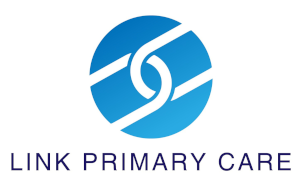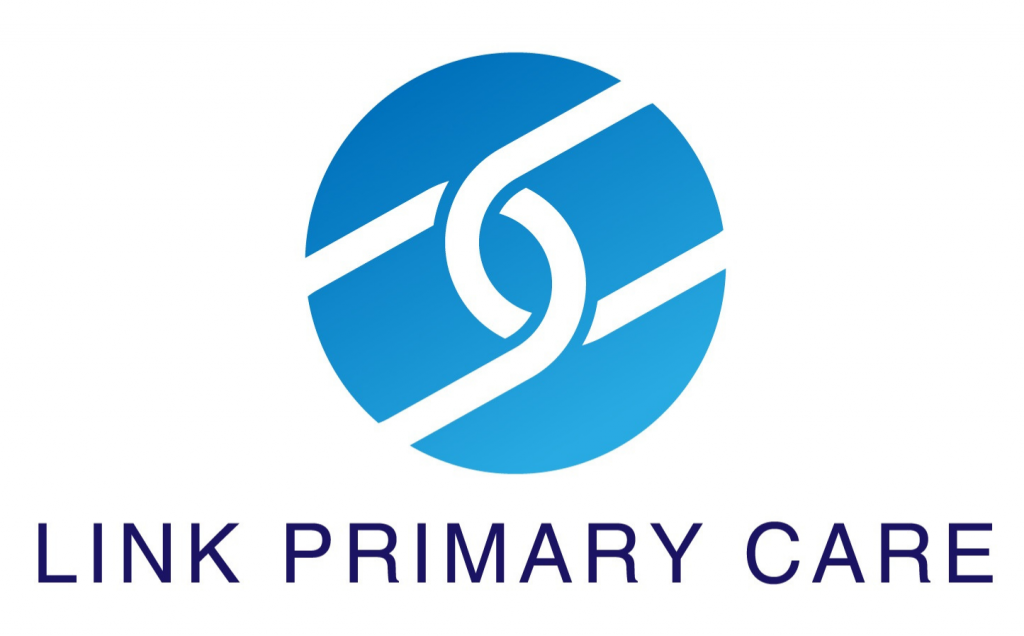As a young adult, it’s easy to feel invincible. With your body in its prime, and life’s responsibilities expanding, prioritizing your health may not always seem like the most urgent task. However, even if you don’t have specific medical issues right now, maintaining your health is vital for your long-term well-being. Taking a proactive approach through preventative care not only helps prevent future health issues but also enhances your quality of life in the present; all healthy young adults need healthcare!
In this guide, we’ll explore key health habits every young adult should incorporate into their lifestyle to stay on top of their physical and mental well-being. We’ll also highlight the benefits of a Direct Primary Care (DPC) model, like the one we offer at Link Primary Care, and how a one-on-one consultation with our trusted doctors can help you set personalized health goals. Let’s dive into the essentials of staying healthy as a young adult.
What Is Preventative Care and Why Is It Important?
Preventative care is about addressing potential health issues before they become significant problems. It involves regular check-ups, screenings, lifestyle modifications, and creating healthy habits that help you avoid diseases later on in life.
Key Benefits of Preventative Care:
- Early Detection: Identifying potential health issues early on can prevent complications down the road.
- Lower Healthcare Costs: Addressing problems early often reduces the need for expensive treatments later.
- Improved Quality of Life: Consistent health management improves energy, mental clarity, and overall well-being.
- Health Education: Developing a deeper understanding of your body and the ways you can support it.
Whether you’re just stepping into your career, managing new responsibilities, or planning a family, preventative care is your roadmap to staying healthy for the long term.
Essential Health Checks for Young Adults
Many young adults assume that they only need to visit the doctor when something is wrong, but annual health check-ups can reveal important information about your body’s current state.
1. Annual Physical Exam
A comprehensive physical exam is the cornerstone of preventative care. This routine visit allows your doctor to track changes in your body, assess risk factors for future conditions, and make lifestyle or medical recommendations based on the latest data.
During your annual physical, your doctor will typically:
- Measure your weight, height, and body mass index (BMI).
- Check your blood pressure, heart rate, and overall cardiovascular health.
- Discuss your personal and family medical history.
- Perform a complete review of all your body’s working systems.
In a direct primary care setting, these appointments are personalized with ample time to discuss any concerns in-depth.
2. Blood Tests and Screenings
While you may feel healthy, routine blood tests can provide valuable insight into your internal health. Common tests for young adults include:
- Complete Blood Count (CBC): Checks your red and white blood cells, platelets, and hemoglobin.
- Cholesterol Levels: Tracks your HDL and LDL cholesterol and triglycerides – with a focus on preventing diseases like heart attacks and strokes.
- Blood Glucose Levels: Measures your risk for diabetes or insulin resistance.
Additionally, your doctor may recommend specific screenings based on your family history or lifestyle, including thyroid function tests, liver function panels, or tests for sexually transmitted infections (STIs).
3. Vaccinations
Vaccines aren’t just for kids. Staying up to date with adult immunizations is a crucial part of preventative care. Common vaccines for young adults include:
- Influenza (Flu) Vaccine: Recommended annually to protect against the seasonal flu.
- HPV Vaccine: Protects against the human papillomavirus, which can lead to certain types of cancer.
- Tetanus, Diphtheria, Pertussis (Tdap) Vaccine: Every 10 years to maintain protection against these diseases.
The Importance of Mental Health Check-Ins
While physical health often takes center stage, mental health is just as important. According to the CDC, young adults aged 18-29 are at a higher risk of mental health conditions, such as depression and anxiety, especially given the stresses of early adulthood.
For more information about the increasing challenges of mental health in young adults, check the following article from the American Psychological Association:
https://www.apa.org/news/press/releases/2019/03/mental-health-adults
Why Mental Health Matters:
- Stress Management: Young adults face significant life transitions such as starting a career, managing finances, and building relationships, which can lead to chronic stress if not properly addressed.
- Mental Wellness Screening: Regular mental health check-ins with your doctor can help identify signs of anxiety, depression, or other mental health conditions early on.
- Improved Focus and Productivity: Taking care of your mental health allows you to stay focused, increase productivity, and maintain healthy relationships.
If you’re struggling with stress, anxiety, or depression, or just want to ensure you’re on the right path, our direct primary care doctors offer confidential and supportive care to manage your mental wellness.
Building Healthy Habits
Preventative care isn’t just about screenings and check-ups. The foundation of staying healthy as a young adult is building strong daily habits. Here are key areas to focus on:
1. Exercise Regularly
Exercise is a powerful tool for maintaining your physical and mental health. Aim for multiple episodes of moderate-intensity exercise per week. Whether it’s running, yoga, weightlifting, or swimming, regular activity boosts cardiovascular health, strengthens muscles and bones, and reduces the risk of chronic diseases like heart disease and diabetes.
Benefits of regular exercise include:
- Improved cardiovascular health.
- Enhanced mental health and reduced stress.
- Increased energy and better sleep quality.
2. Eat a Balanced Diet
What you eat plays a significant role in your overall health. A balanced diet provides your body with essential nutrients, helping you maintain a healthy weight, boost immunity, and reduce the risk of chronic conditions. Key dietary tips include:
- Prioritize fruits, vegetables, whole grains, and lean proteins.
- Limit processed foods, added sugars, and excessive salt.
- Drink plenty of water to stay hydrated and support your body’s natural processes.
3. Get Enough Sleep
Sleep is a fundamental component of overall health, yet many young adults struggle to get the recommended 7-9 hours of sleep per night. Prioritize restful sleep by maintaining a consistent sleep schedule, creating a calm bedtime routine, and minimizing screen time before bed.
Adequate sleep improves:
- Cognitive function and focus.
- Emotional regulation and mental health.
- Immune system function and recovery from illness.
4. Limit Alcohol and Tobacco Use
While occasional social drinking may be part of young adult life, excessive alcohol consumption can have long-term health consequences. Similarly, smoking or using tobacco products can significantly increase your risk of developing cancer, heart disease, and respiratory conditions. Moderation or abstinence from these substances is essential for long-term health.
The Benefits of Direct Primary Care for Young Adults
As a young adult, you deserve a healthcare model that’s tailored to your unique needs, not one that only focuses on illness or chronic conditions. Direct Primary Care (DPC) offers a modern, patient-centered approach that emphasizes accessibility, affordability, and personalized care.
Key Advantages of Direct Primary Care:
- Affordable Membership: Unlike traditional healthcare, DPC operates on a membership basis, eliminating the need for insurance and copays for routine visits. You pay a flat monthly fee that covers your primary care needs, from check-ups to consultations.
- Unlimited Access: DPC provides fast, easy access to your doctor through in-person visits, phone, or virtual consultations. Gone are the days of waiting weeks for an appointment—DPC patients enjoy same-day visits when needed.
- Personalized Care: With longer appointment times, DPC doctors get to know you personally. They focus on preventative care, holistic well-being, and tailor recommendations specifically to your lifestyle, health history, and goals.
- One-on-One Consultations: DPC providers prioritize personal relationships. During your visits, you’ll have the opportunity to discuss all aspects of your health in a relaxed and open environment.
At Link Primary Care, we believe that healthcare should be easy, accessible, and personal. We’re here to help you stay healthy, even if you’re currently feeling fine.
Take the Next Step in Your Health Journey
Proactively managing your health as a young adult is one of the best decisions you can make for your future. Whether you’re in perfect health or just want to ensure you’re on the right track, regular check-ups, healthy lifestyle choices, and consistent communication with your healthcare provider are essential.
We offer a free one-on-one consultation where you can meet with Dr. Davis, learn more about our services, and see how we can help you stay healthy on a budget.
Schedule a one-on-one consultation with Dr. Jeffrey Davis using the following link:
https://calendly.com/jeffreydavis-linkprimarycare/link-primary-care-meeting
Get more information on our website at linkprimarycare.com


